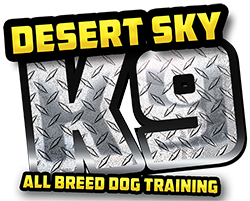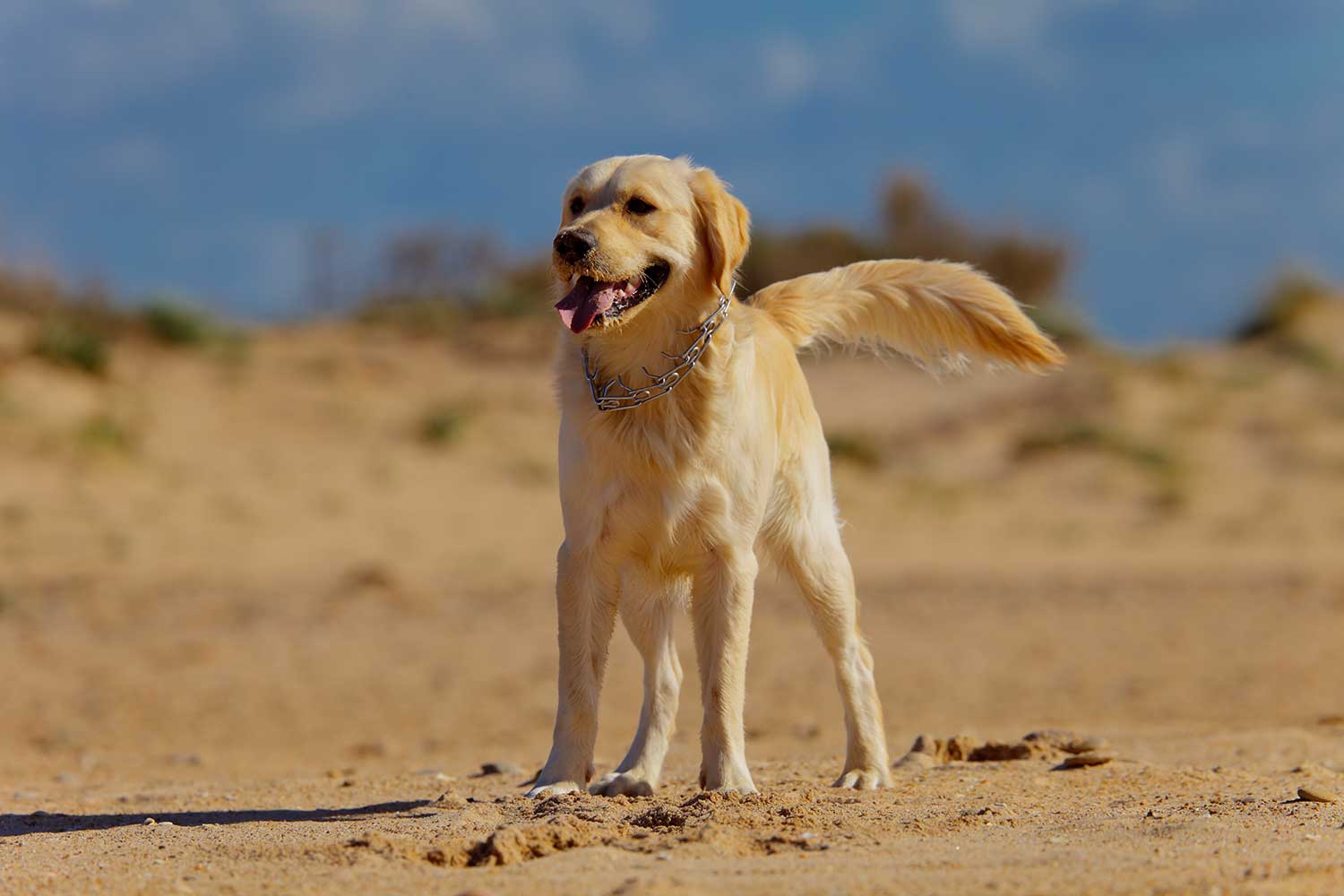FOOD & NUTRITION
Raw Food Diet For Dogs
THE RAW FOOD DIET: IS IT RIGHT FOR YOUR DOG?
It’s not our most flattering quality, but humans are suckers for fad diets. We’ve done a great job extending that obsession to our four-legged friends. In fact, it seems that a new diet for dogs becomes trendy every couple of years. From grain-free to ketogenic to even vegetarian canine diets (what dog is a vegetarian?!), the options are seemingly endless.
Most dog owners in the United States stick to the tried-and-true kibble diet. However, kibbles might not be the best choice for a lot of families and dogs. Dry kibble often contains lots of additives and hard-to-pronounce ingredients. Not only that, but top-shelf kibble can have a pretty shocking price tag.
If you’re interested in testing out something besides kibble for your dog, there are plenty of alternatives out there. Despite all of the contrasting opinions on diets, most dieticians promote some form of a whole food diet. That basically means cutting back on processed foods. You want your food to be as close to its original form as possible.
Believe it or not, the same principles that apply to humans apply to dogs! Whole foods are the best option for man’s best friend. Overly processed food often processes the nutrients right out of the food! In essence, dogs flourish when they are fed a diet that resembles what they would find in nature. (And no, that’s not kibble.) If you’re reading this article, you may be considering putting your dog on a raw food diet. It can be intimidating to implement a total dietary change for your dog! But once you get the hang of preparing a raw food diet, it’s not too difficult.
Let’s face it: You can find evidence to support just about any opinion on the Internet. But that doesn’t mean all the info is trustworthy! It’s a great idea to educate yourself on raw feeding before you start to incorporate it. It’s an even greater idea to talk to your veterinarian before making any major changes in your dog’s diet.
What are the benefits of a raw food diet for dogs?
Raw feeding is quickly gaining popularity among dog owners. People who use a raw food diet for their dogs reported a wide range of benefits. They state that their dog’s digestion is improved, the dog’s metabolism is enhanced, and the dog seems to prefer the taste of raw food over kibble. One of the biggest drawbacks to kibble is its high starch content. Starch is a common additive, but it has almost no nutritional value. Excessive amounts of starch can negatively affect gut bacteria in dogs, which can make them prone to illnesses. Too much starch can also wreak havoc on your poor pup’s blood sugar.
A raw food diet for your dog may benefit more than just what’s inside. Many dogs who are on a raw diet have healthier skin, whiter teeth, and a shinier coat! Keeping these benefits in mind, it’s important to do your research so you understand the methods of raw feeding. You need to ensure that your dog is getting all of the nutrients it needs.
A Closer Look with Dr. Becker
Dr. Karen Becker, is a proactive and integrative wellness veterinarian and in the video below she talks about her favorite topic: raw food diet for pets. More information can be found here.
What exactly does raw feeding entail?
Raw feeding is quickly gaining popularity among dog owners. People who use a raw food diet for their dogs reported a wide range of benefits. They state that their dog’s digestion is improved, the dog’s metabolism is enhanced, and the dog seems to prefer the taste of raw food over kibble. One of the biggest drawbacks to kibble is its high starch content. Starch is a common additive, but it has almost no nutritional value. Excessive amounts of starch can negatively affect gut bacteria in dogs, which can make them prone to illnesses. Too much starch can also wreak havoc on your poor pup’s blood sugar.
A raw food diet for your dog may benefit more than just what’s inside. Many dogs who are on a raw diet have healthier skin, whiter teeth, and a shinier coat! Keeping these benefits in mind, it’s important to do your research so you understand the methods of raw feeding. You need to ensure that your dog is getting all of the nutrients it needs.
What important tips should you keep in mind?
A lot of responsible dog owners have been proclaiming the benefits of a raw food canine diet for years. But, as we’ve said, it’s not as simple as just giving your dog muscle meat. One of the leaders in the field, Dana Scott, has summarized a list of 10 helpful tips here. A key takeaway from this article is the importance of making sure your dog isn’t missing any key nutrients with raw feeding. For example, most kibble has calcium added. So if you switch to raw entirely, your dog will need to get certain minerals (especially phosphorus and calcium) that don’t come in the meat itself. If your dog is on a raw food diet, he’s got to have bones! Try to feed your dog an ample amount of meaty bones—like beef tail bones, turkey necks, or goat ribs.
Other tips from Scott include monitoring the amount of fat your dog ingests. You should also ensure that 10% to 30% of your dog’s diet comes from nutrient-rich organs (think: liver, spleen, lungs). Scott also recommends avoiding starch, giving your dog fish once a week, and trying to switch the menu up.
It’s critical to remember that Rome wasn’t built in a day. A raw diet doesn’t—and shouldn’t—have to be an all-or-nothing overnight change. Instead, it’s best to ease your dog into a raw food diet over the course of a week or so. That means slowly introducing some raw elements while keeping your pooch’s regular food. As your dog gets more comfortable with raw food, you can build up and phase out the old stuff.
Have you tried a raw food diet for your dog?
Please feel free to share this article or send us a question. At Desert Sky K9, we love to hear about our clients’ experiences. We’d love to help you navigate this important phase of your dog’s journey! If there are other areas where you’d like to improve your dog’s feeding, like food aggression, we can help with that too. Contact us to find out more!
More Resources
In addition to Dr. Becker, you might also find Rodney Habib a great resource on the topic of raw food feeding for dogs.



